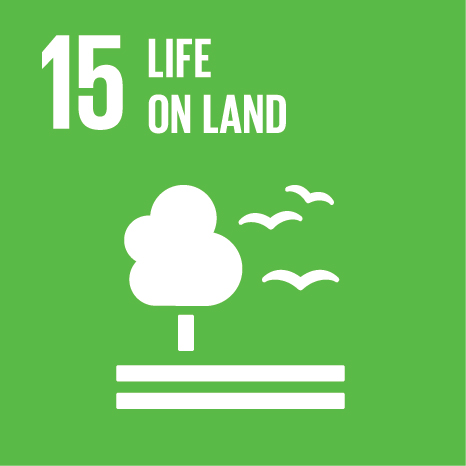Household Food Metabolism. The role of water and food for a new sustainable design agenda.
Event Title
3rd International Food Design and Food Studies Conference, Experiencing and Envisioning Food: Designing for Change
Year (definitive publication)
2022
Language
English
Country
Portugal
More Information
Web of Science®
This publication is not indexed in Web of Science®
Scopus
This publication is not indexed in Scopus
Google Scholar
This publication is not indexed in Overton
Abstract
According to the United Nations, “the household is a socioeconomic unit (…) based on the arrangements made by persons, individually or in groups, for providing themselves
with food or other essentials for living” [1]. The maintenance and functioning of households are determined by specific patterns of consumption, including food, water, and energy (inputs); or patterns of waste, discharges, and emissions production (outputs). Altogether, households’ inputs and outputs generate environmental pressures (with carbon implications), through the consumption of natural goods (water and food) or through the production of environmental threats (sewage, waste, etc).
This presentation is particularly engaged on envisaging the relationship between food consumption, waste production and household’s design. The presentation focusses its analysis on the Lisbon Region housing stock, in particular on the kitchen space, while identifying key elements that characterize the evolution of housing design and its metabolic implications. A comparison of past and present households’ patterns of consumption and waste production is determinant to evaluate the evolution of household’s diets, food habits, and environmental pressured related to its metabolism. Moreover, it allows to relate the evolution of such patterns with the evolution of household’s-built space (design) and, determine their related implications on the overall food system functioning. Finally, through a diachronic analysis of ordinary practices of household’s food metabolism and their implications on the household material dimension, we highlight the strategic role of food and water for the revision of contemporary design of household solutions towards future sustainable practices of everyday life.
Acknowledgements
--
Keywords
Sustainability,food,housing,water
Fields of Science and Technology Classification
- Other Natural Sciences - Natural Sciences
- Other Agricultural Sciences - Agriculture Sciences
- Social and Economic Geography - Social Sciences
- Other Social Sciences - Social Sciences
- History and Archeology - Humanities
- Arts (arts, history of arts, performing arts, music) - Humanities
- Other Humanities - Humanities
Contributions to the Sustainable Development Goals of the United Nations
With the objective to increase the research activity directed towards the achievement of the United Nations 2030 Sustainable Development Goals, the possibility of associating scientific publications with the Sustainable Development Goals is now available in Ciência_Iscte. These are the Sustainable Development Goals identified by the author(s) for this publication. For more detailed information on the Sustainable Development Goals, click here.

 Português
Português




